Shehr-e-Zaat Drama Review: “Shehr-e-Zaat,” meaning “City of Hearts,” is not just another Pakistani drama. It transcends the realm of conventional storytelling, embarking on a profound exploration of self-discovery, spirituality, and the complexities of human nature. The central character, Falak Sher Afgan, is far from one-dimensional. Played with captivating flair by Mahira Khan, she embodies ambition, vanity, and a hunger for material possessions. However, beneath the glitz and glamour lies a hollowness that drives her relentless pursuit of validation. As the narrative unfolds, we witness her dramatic transformation, a journey from self-absorption to spiritual awakening.

Beyond the Facade: Unveiling the Dark Underbelly of Fame
The drama doesn’t shy away from showcasing the murky side of fame and media manipulation. It dives into the relentless pursuit of ratings, the exploitation of individuals for sensationalism, and the devastating impact it can have on mental and emotional well-being. This critical commentary challenges viewers to question the validity of media portrayals and the true cost of achieving stardom.
Beyond Romance: Exploring Complex Family Dynamics and Sacrifice
“Shehr-e-Zaat” delves into the intricate web of family relationships, highlighting the sacrifices made in the name of love and duty. Tabassum, Falak’s younger sister, represents an alternative path, prioritizing emotional connections and personal growth over external validation. These contrasting journeys illuminate the complexities of family bonds and the impact of individual choices on loved ones.
Masterful Storytelling and Performances: A Captivating Journey
Writer Umera Ahmed masterfully crafts a narrative that is both thought-provoking and emotionally engaging. Director Sarmad Khoosat brings her vision to life with powerful performances from the talented cast. Each character, from the ambitious producer to the supportive friend, adds depth and complexity to the story.
Beyond the Screen: A Drama That Stays with You
“Shehr-e-Zaat” continues to resonate with viewers long after the final credits roll. It prompts introspection, questions societal norms, and challenges viewers to define success and happiness on their own terms.
For an even deeper dive, consider exploring these aspects:
- Falak’s transformation: Analyze the turning points in her journey and the characters who influence her evolution.
- Media influence: Discuss the ethical dilemmas faced by journalists and the impact of media sensationalism on society.
- Family dynamics: Compare and contrast the family relationships of Falak and Tabassum, analyzing the impact of expectations and sacrifices.
- Spiritual awakening: Explore the portrayal of self-discovery and the search for meaning beyond material possessions.
If you seek a Pakistani drama that transcends entertainment, offering a profound exploration of self-awareness, human relationships, and the pursuit of true happiness, then “Shehr-e-Zaat” is a must-watch. It’s a drama that will stay with you, prompting reflection and challenging you to look within and define your own city of hearts.
Unveiling the Shadows and Secrets: A Critical Look at “Shehr-e-Zaat”
While “Shehr-e-Zaat” undoubtedly offers a captivating exploration of self-discovery and societal critique, further analysis reveals complexities and potential issues beyond its initial charm.
Beyond Flawed: Deconstructing Falak’s Transformation
While Falak’s journey resonates, some viewers might find it overly dramatic or lacking in nuance. Her transformation, while impactful, could be further explored by delving deeper into the psychological underpinnings of her choices and vulnerabilities. Additionally, analyzing the potential limitations of her “spiritual awakening” could offer a more realistic portrayal of personal growth.
Beyond Sensationalism: A Nuance in Media Criticism
The critical commentary on media manipulation is powerful, but some might argue it lacks depth. Exploring the complexities of the media landscape, including the pressures journalists face beyond ratings, could paint a more nuanced picture. Additionally, showcasing alternative media practices that prioritize ethical storytelling could enrich the critique.
Beyond Sacrifice: Exploring Agency and Empowerment
The portrayal of family dynamics, while thought-provoking, could benefit from further exploration of individual agency and empowerment. While sacrifices are often made in families, highlighting how characters navigate these dynamics to claim their own voices and desires could add another layer of complexity.
Beyond Entertainment: Navigating Religious Interpretations
The drama’s use of spiritual themes has been both praised and critiqued. Some viewers appreciate the portrayal of self-discovery through religious exploration, while others find it potentially exclusionary or lacking in depth. Engaging with diverse perspectives on spirituality within the narrative could foster broader understanding and respect.
Beyond the Hype: A Balanced Conclusion
Despite these points, “Shehr-e-Zaat” remains a significant drama with its captivating narrative, memorable characters, and strong performances. However, acknowledging its complexities and engaging in critical discussions can further enrich its message and impact.
For a deeper understanding, consider:
- Analyzing the potential cultural biases or limitations in its portrayal of self-discovery and spiritual awakening.
- Comparing and contrasting “Shehr-e-Zaat” with other dramas that tackle similar themes, exploring different perspectives and approaches.
- Engaging in open discussions about the portrayal of media, family dynamics, and spirituality, acknowledging diverse viewpoints and interpretations.
Remember, art is subjective, and the beauty of engaging with “Shehr-e-Zaat” lies in exploring its multiple layers and sparking meaningful conversations. Let’s move beyond simply praising or critiquing, and delve deeper to enrich our understanding and appreciation of its complexities.
Share this content:
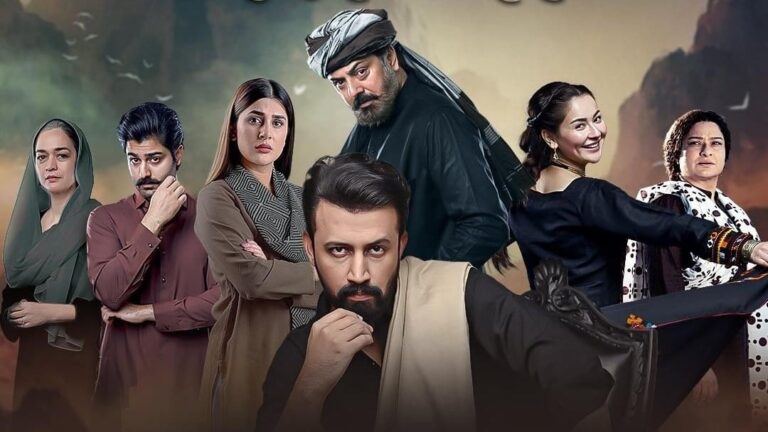
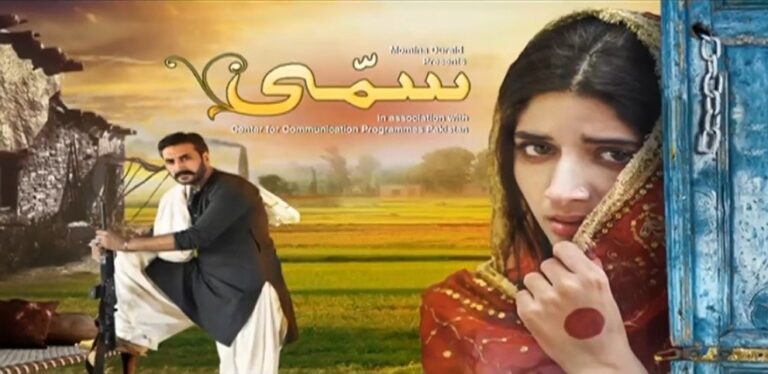
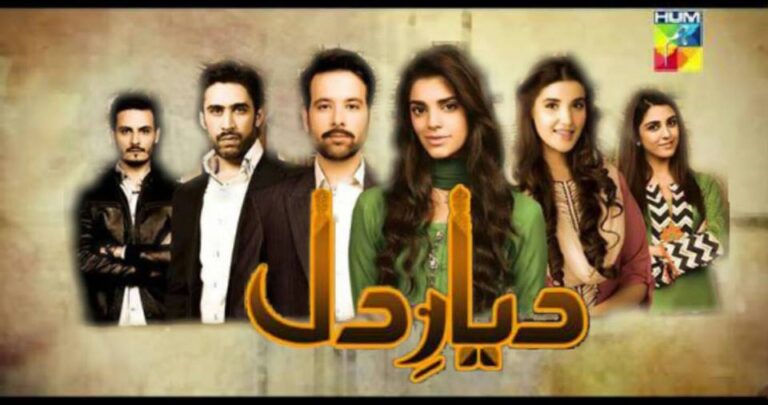

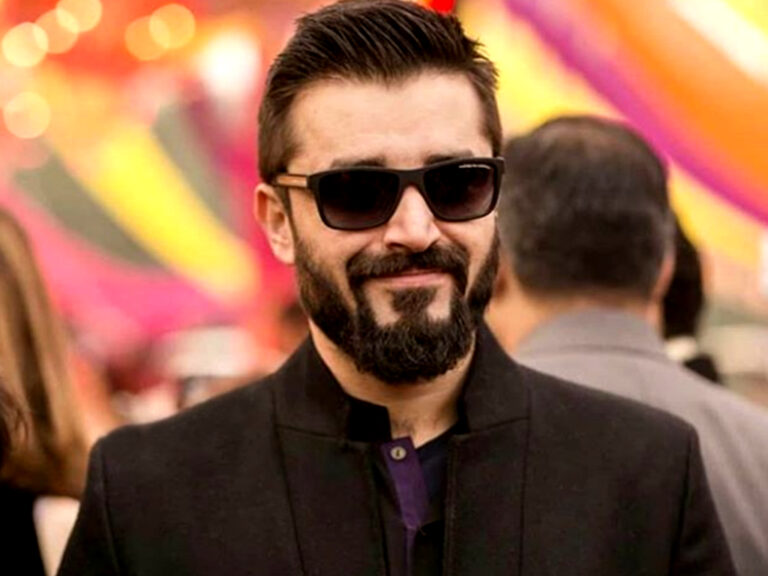



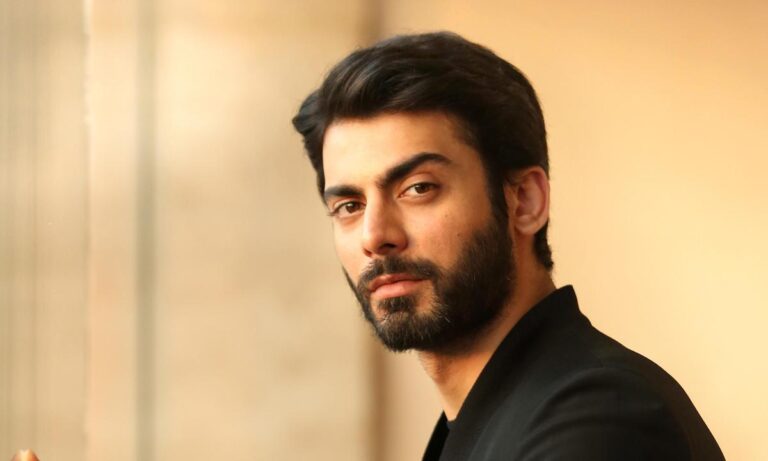


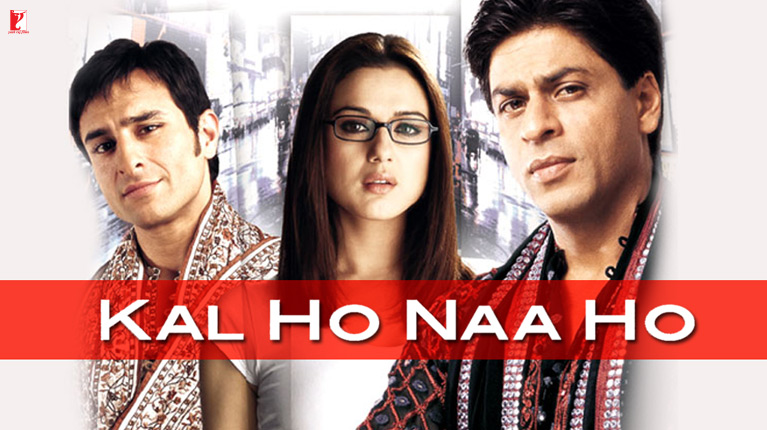
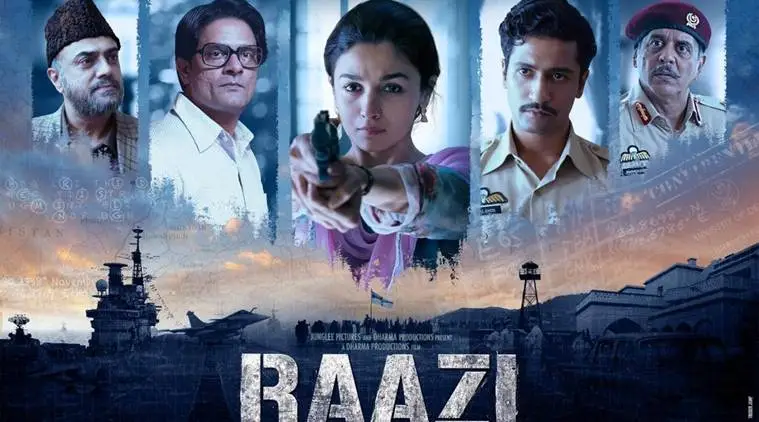
+ There are no comments
Add yours